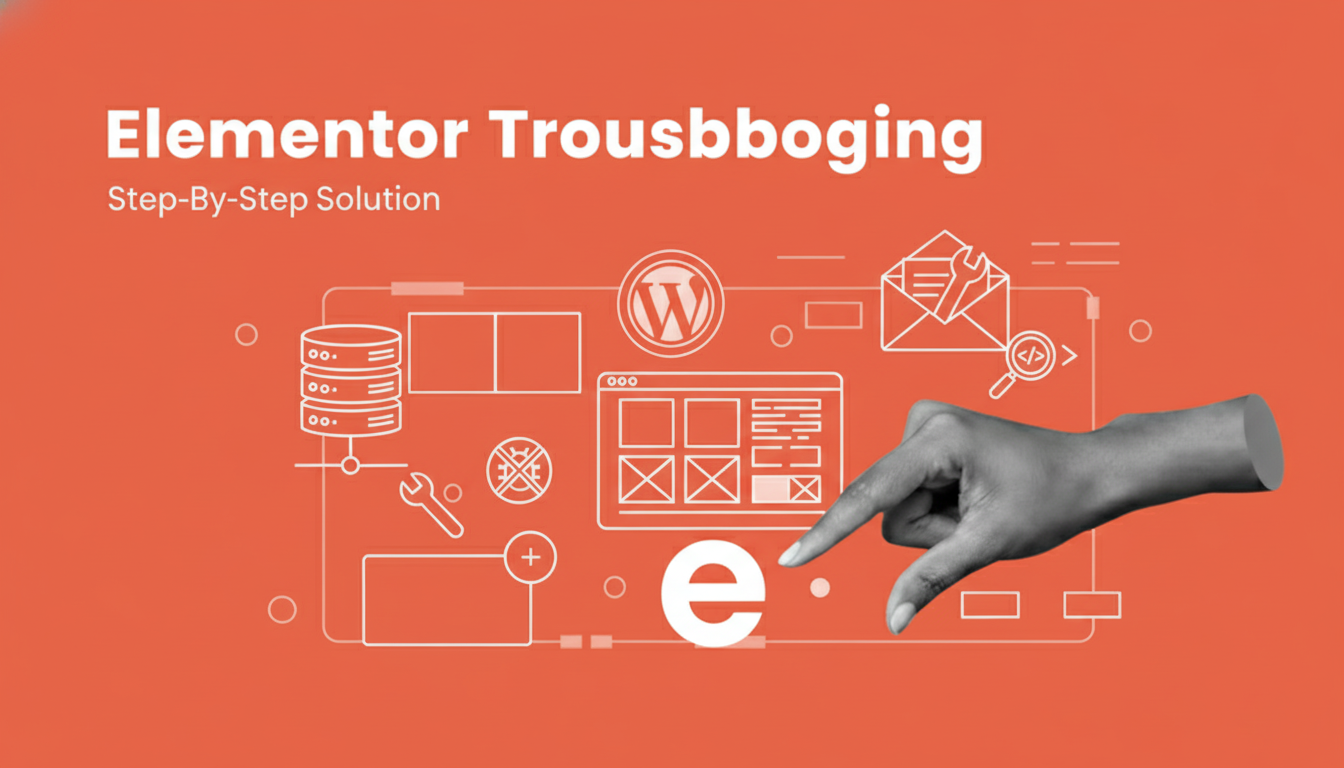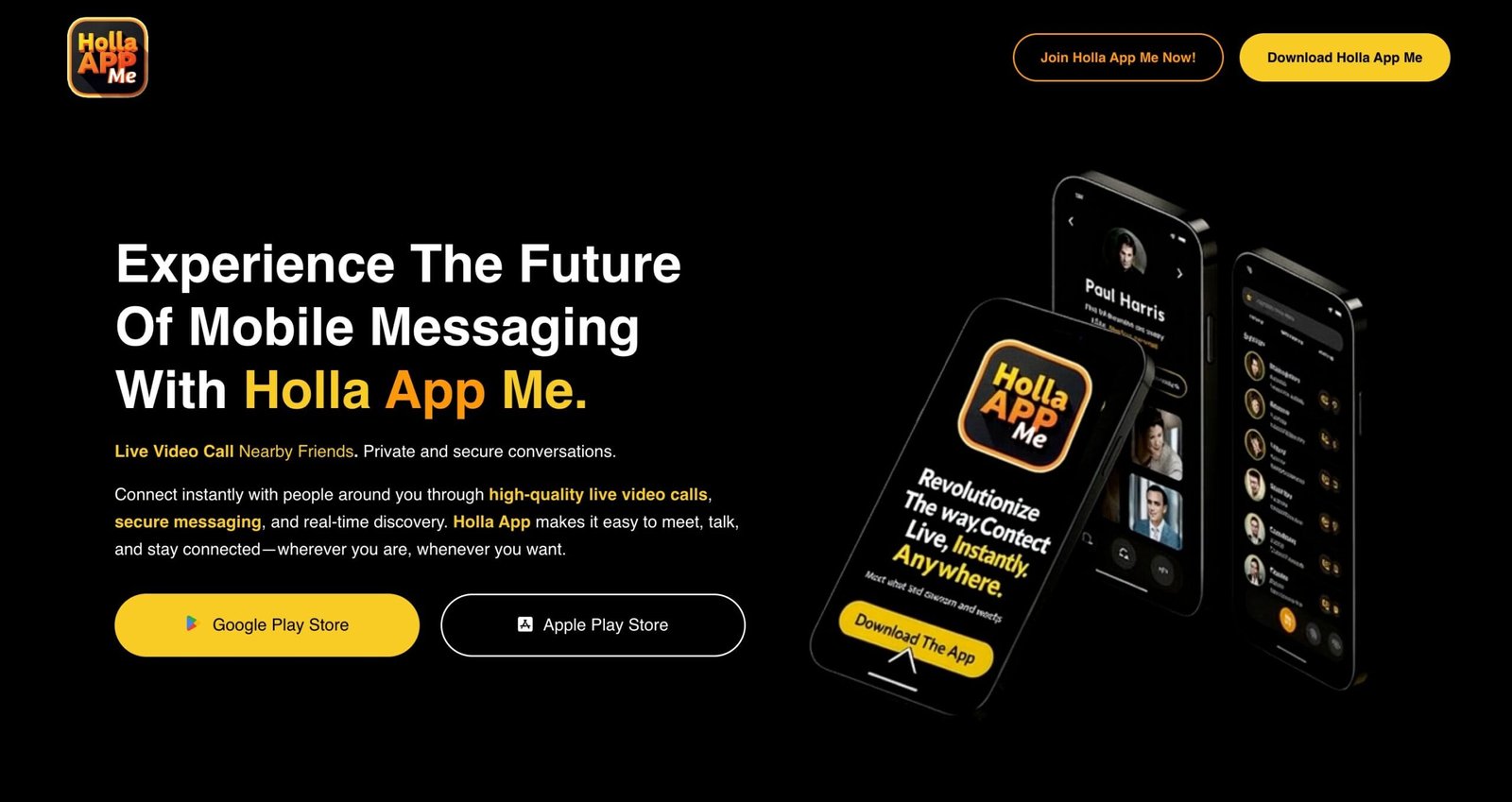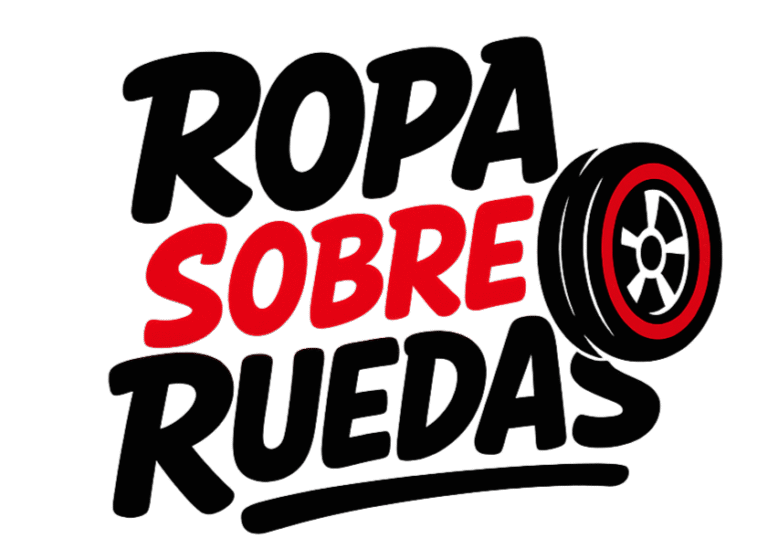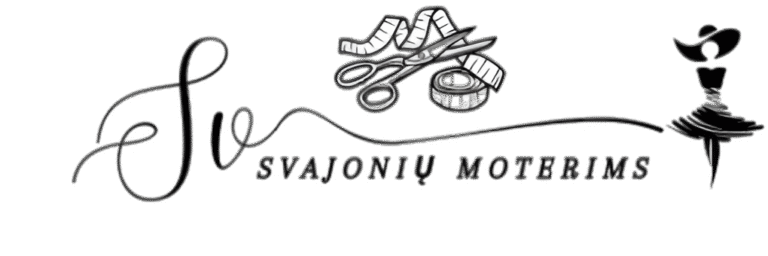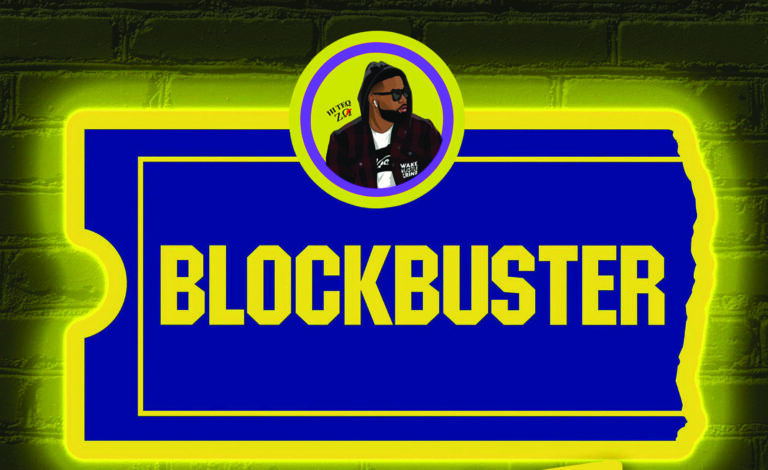“`html
Elementor Video Not Playing? Quick Fix!
There’s nothing quite like adding dynamic video content to your website to engage visitors. Videos can transform static pages into immersive experiences, explain complex ideas, and showcase your brand in action. Elementor, with its intuitive drag-and-drop interface, makes embedding videos a breeze – or so it should. If you’ve found yourself frustrated because your Elementor video not playing, you’re not alone. This is a common hiccup that can arise from a multitude of factors, ranging from incorrect settings to compatibility issues.
Don’t let a silent, static video screen ruin your website’s impact. In this comprehensive guide, we’ll walk you through a series of actionable steps and multiple solutions to diagnose and fix why your Elementor video is not playing. By the end of this article, you’ll have your videos playing smoothly, enhancing your site’s user experience and engagement.
Why Is Your Elementor Video Not Playing? Understanding the Root Causes
Before diving into solutions, it’s helpful to understand the common culprits behind an Elementor video not playing issue. Identifying the potential cause can significantly speed up your troubleshooting process.
Common Reasons for Elementor Video Not Playing
- Incorrect Video URL or Embed Code: The most frequent offender. A typo or an improperly formatted URL will prevent the video from loading.
- Browser Compatibility Issues: Different browsers handle video playback differently, and sometimes extensions or outdated browsers can interfere.
- Caching Problems: Old cached data on your site or browser might be serving an outdated version of your page where the video isn’t properly linked.
- Theme or Plugin Conflicts: Other active themes or plugins, especially those related to media, optimization, or security, can clash with Elementor’s video widget.
- File Format or Encoding Issues (Self-Hosted Videos): If you’re hosting the video yourself, an unsupported format or improper encoding can be the problem.
- Server Configuration (Self-Hosted Videos): Your hosting server might have restrictions or misconfigurations that prevent direct video playback.
- Elementor or WordPress Outdated: Older versions of Elementor or WordPress might have bugs that have been resolved in later updates.
- Autoplay Restrictions: Browsers are increasingly enforcing autoplay policies, often requiring videos to be muted or user interaction to start playing.
- Privacy Settings (YouTube/Vimeo): If the video is set to private or has embedding restrictions on the platform (e.g., YouTube, Vimeo), it won’t play.
Step-by-Step Solutions: How to Fix Elementor Video Not Playing
Let’s get your videos back in action! We’ll start with the simplest fixes and move to more in-depth troubleshooting steps. Follow these solutions one by one until your Elementor video not playing problem is resolved.
Solution 1: Check Video Source and Elementor Widget Settings
This is often the easiest fix. A simple mistake in the video URL or incorrect widget configuration can lead to playback issues.
Verify the Video URL or Embed Code
- Navigate to your page/post in Elementor.
- Click on the Video Widget you’re having trouble with.
- In the left-hand panel, under the “Content” tab, check the “Source” dropdown.
- For YouTube/Vimeo: Ensure the correct video URL is pasted into the “Link” field. Open the original video on YouTube/Vimeo in a new tab and copy its direct share URL. Paste it into Elementor.
- For Self-Hosted Videos: Ensure the “Self Hosted” option is selected. Click the “Choose Video” button and verify that the correct video file is selected from your Media Library.
- Double-check for typos or extra spaces. Even a single character can break the link.
- For YouTube/Vimeo, ensure the video is publicly accessible and embeddable.
- YouTube: The video must be Public or Unlisted. If it’s Private, it won’t play. Check the embedding option in YouTube Studio:
Content > Video Details > Show More > Allow Embedding. - Vimeo: Review the privacy settings for your video. Ensure it’s not set to “Private” with embedding disabled.
- YouTube: The video must be Public or Unlisted. If it’s Private, it won’t play. Check the embedding option in YouTube Studio:
Review Widget Settings
Sometimes, specific settings within the Elementor video widget can interfere with playback, especially autoplay.
- With the Elementor Video Widget selected, review options like “Autoplay,” “Mute,” “Loop,” and “Player Controls.”
- Autoplay: Many browsers prevent videos from autoplaying *with sound* without user interaction. If your video won’t play, try disabling “Autoplay” first, or enable “Mute” if autoplay is crucial. Then, test.
- Starting Time/Ending Time: If you’ve set a wrong starting or ending time, the video might appear frozen or cut off. Reset these if unsure.
Reference: For detailed guidance on Elementor’s video widget settings, consult the Elementor Video Widget Documentation.
Solution 2: Clear Caches and Test Across Browsers
Caching can often lead to outdated content being served, making it seem like your Elementor video not playing.
Clear Your Website Cache
If you’re using a caching plugin (e.g., WP Rocket, LiteSpeed Cache, W3 Total Cache), clear its cache. Most caching plugins have a “Clear Cache” or “Purge All Caches” option in their settings or in the WordPress admin bar.
- Go to your caching plugin’s settings.
- Locate and click the “Clear Cache” or “Purge Cache” button.
Clear Your Browser Cache
Your browser stores old versions of websites. A hard refresh or clearing your browser cache can often resolve display issues.
- Hard Refresh:
- Windows/Linux:
Ctrl + F5 - Mac:
Cmd + Shift + R
- Windows/Linux:
- Clear Browser Cache Manually:
- Chrome:
Settings > Privacy and security > Clear browsing data. Select “Cached images and files.” - Firefox:
Options > Privacy & Security > Cookies and Site Data > Clear Data.... Check “Cached Web Content.” - Edge:
Settings > Privacy, search, and services > Clear browsing data > Choose what to clear. Check “Cached images and files.”
- Chrome:
Test in Incognito/Private Mode and Different Browsers
An incognito window bypasses browser extensions and some cached data. Testing in a different browser (Chrome, Firefox, Safari, Edge) can help determine if the issue is browser-specific.
- Open your website in an incognito/private window.
- If the video plays, disable your browser extensions one by one to identify the culprit.
- Test the website on a different browser (e.g., if you use Chrome, try Firefox or Edge).
Solution 3: Address Theme and Plugin Conflicts
A common reason for any unexpected behavior in WordPress, including an Elementor video not playing, is a conflict with other active themes or plugins.
Temporarily Deactivate Other Plugins
This is a crucial diagnostic step. You’ll need to do this in the WordPress dashboard.
- Go to
WordPress Dashboard > Plugins > Installed Plugins. - Deactivate all plugins except Elementor and Elementor Pro (if you have it).
- Clear your website cache and browser cache (as explained in Solution 2).
- Check your page where the video is located. If the video now plays, you have a plugin conflict.
- Reactivate your plugins one by one, clearing the cache and checking the video after each activation, until you find the conflicting plugin.
- Once identified, reach out to the plugin developer for support or seek an alternative.
Pro Tip: Consider using a staging environment for this comprehensive testing to avoid affecting your live site. Many Hostinger hosting plans offer easy staging setup.
Switch to a Default WordPress Theme
Your active theme can also contribute to compatibility issues.
- Go to
WordPress Dashboard > Appearance > Themes. - Temporarily activate a default WordPress theme like “Twenty Twenty-Four” or “Twenty Twenty-Three.”
- Clear your website cache and browser cache.
- Check if the video plays. If it does, the issue lies with your theme. Contact your theme developer for support.
Solution 4: Update Elementor, WordPress, and Other Relevant Components
Outdated software can harbor bugs and compatibility issues. Keeping your site updated is a best practice for security and functionality.
Update Elementor and Elementor Pro
- Go to
WordPress Dashboard > Plugins > Installed Plugins. - Look for Elementor and Elementor Pro. If an update is available, you’ll see a notification.
- Click “Update Now.”
Update WordPress Core
- Go to
WordPress Dashboard > Dashboard > Updates. - If a WordPress update is available, follow the instructions to update.
Update Your Theme and Other Plugins
While you’re at it, ensure all your other themes and plugins are also up to date. Always backup your site before performing major updates!
Reference: Learn more about updating WordPress and plugins securely in the WordPress Documentation on Updates.
Solution 5: Address Self-Hosted Video Specific Issues
If you’re hosting the video file directly on your server, there are additional considerations when your Elementor video not playing.
Correct Video File Format and Encoding
Modern browsers generally support MP4 (H.264), WebM, and Ogg formats. MP4 is the most widely supported. Ensure your video is encoded correctly.
- Recommended Format: MP4 (H.264 codec) for broad browser compatibility.
- Consider Multiple Formats: For maximum compatibility, provide multiple video sources (e.g., MP4 and WebM) within the Elementor HTML widget if the standard video widget isn’t working, allowing the browser to choose the best one.
Check File Permissions and Server Configuration
Incorrect file permissions on your video file can prevent the server from delivering it.
- Access your server via FTP/SFTP or your hosting control panel’s File Manager.
- Navigate to the folder where your video file is stored (usually
wp-content/uploads/year/month/). - Check the permissions of the video file. Typically, they should be
644for files and755for directories. - If they are incorrect, change them to
644for the video file.
MIME Types for Self-Hosted Videos
Your server needs to know how to serve video files correctly. This is defined by MIME types. Missing or incorrect MIME types can lead to an Elementor video not playing.
You can add these to your .htaccess file (located in your WordPress root directory) if they’re not already present. Always back up your .htaccess file before editing!
AddType video/mp4 .mp4 .m4v
AddType video/ogg .ogv
AddType video/webm .webm
If you’re uncomfortable editing .htaccess, contact your hosting provider for assistance. Many hosts (like Hostinger) have these configured by default.
Solution 6: Debugging Autoplay Policies
As mentioned, browser autoplay policies are a common reason for an Elementor video not playing automatically. Modern browsers like Chrome and Firefox block autoplay with sound unless the user has interacted with the site or added it to a whitelist.
Strategies for Autoplay Videos
- Enable Mute: Within the Elementor Video Widget settings, ensure the “Mute” option is enabled if you want autoplay to work reliably. This is the most effective workaround.
- Add a Play Button Overlay: Instead of autoplaying, consider adding a prominent play button or a custom image overlay for the video. This encourages user interaction, which then allows the video to play. Elementor’s video widget has an “Image Overlay” option.
- Consider Background Videos: For purely aesthetic, non-interactive video elements, Elementor’s Section Background Video feature is often more robust and less susceptible to autoplay blocks, as these are typically muted and looped.
Reference: Google Chrome’s Autoplay Policy Changes.
Common Issues and Advanced Troubleshooting for Elementor Video Not Playing
Sometimes, the problem isn’t straightforward. Here’s how to tackle more intricate scenarios when your Elementor video not playing.
Common Problem: Elementor Video Not Playing with Specific Devices or Networks
If your video plays on some devices/networks but not others, consider these factors:
- Network Restrictions: Firewalls or restrictive school/corporate networks might block certain video content or streaming services (e.g., YouTube).
- Device Capabilities: Older devices or operating systems might lack the codecs to play certain video formats. Ensure your video is in a widely supported format (MP4 H.264).
- Data Saver Modes: Some mobile browsers or apps prioritize data saving, which can prevent videos from loading automatically or at all.
- Check DevTools Console: Open your browser’s developer tools (usually
F12or right-click > “Inspect” > “Console” tab). Look for red error messages, especially those related to video loading, CORS (Cross-Origin Resource Sharing), or mixed content (HTTP/HTTPS). - CORS Headers (Self-Hosted Videos): If you see CORS errors in the console, your server might need to send appropriate CORS headers to allow video playback from other domains (e.g., if your CSS/JS is served from a CDN). This is an advanced topic and usually requires editing your server’s configuration (
.htaccessor Nginx config). Consult your hosting provider. - Mixed Content Warnings: If your site is HTTPS but your video URL is HTTP, browsers will block it as “mixed content.” Ensure all video URLs start with
https://. - JavaScript Conflicts: Some plugins might load JavaScript that interferes with Elementor’s own scripts for the video widget. Developer tools console errors (especially “Uncaught TypeError”) can point to these. The deactivation method (Solution 3) is best for finding the culprit.
- Lazy Loading Plugins: While great for performance, some lazy loading plugins can be overly aggressive and prevent videos from loading until completely scrolled into view, or even break their embeds. Test by temporarily disabling your lazy loading plugin.
- Security Plugins: Robust security plugins might inadvertently block external video embeds or scripts necessary for playback. Check your security plugin’
Issue: Configuration Errors with Elementor Video Not Playing
Sometimes the issue is deeper than just a URL. If you suspect deeper configuration problems:
Problem: Compatibility Issues Affecting Elementor Video Not Playing
Beyond simple plugin/theme conflicts, sometimes it’s about how different scripts interact.

